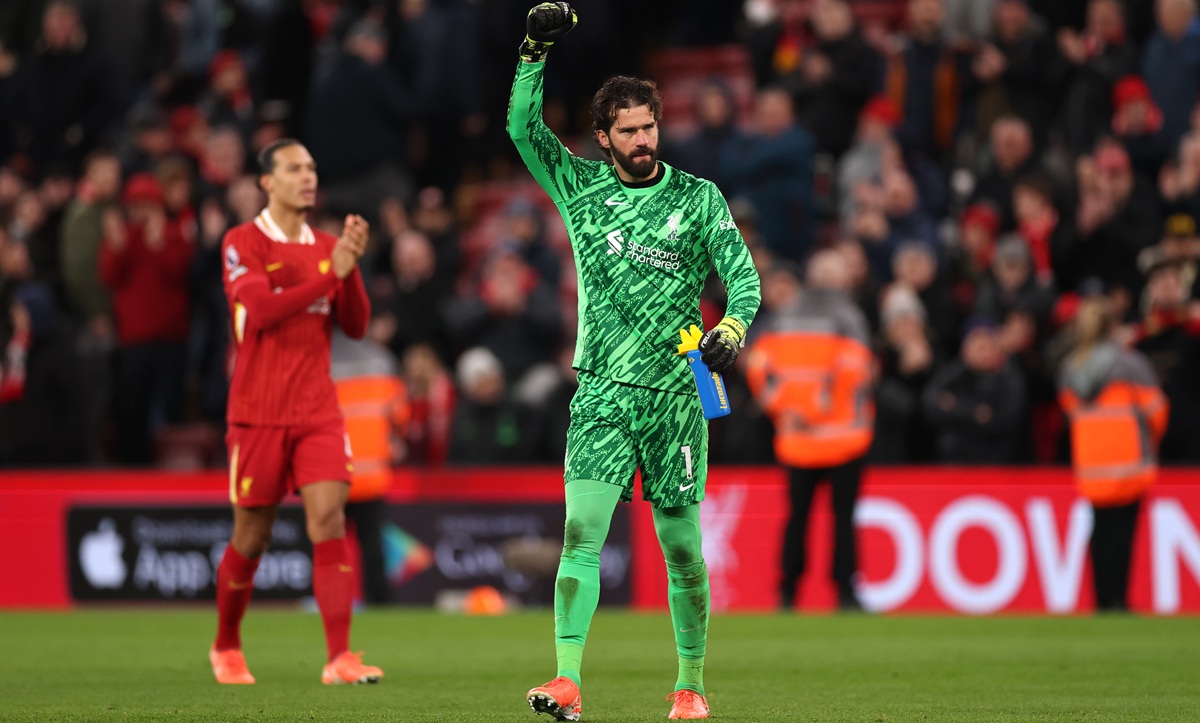Arsenal’s defeat to Bournemouth this evening has seen them equal an unwelcome record that was previously set during the 2019/2020 season. Since that campaign, the club has shown clear signs of progression and has evolved into a much stronger side. However, this improvement has not yet translated into the capture of major silverware, with the Premier League and Champions League titles continuing to elude them.
This season, Arsenal were contenders for both prestigious competitions until recent weeks, and while a place in the Champions League final remains a possibility, their domestic campaign has been undermined by recurring issues. Chief among these is their inability to maintain leads, a problem that has surfaced repeatedly throughout the term. Matches that begin with promise often end in frustration, as the team either loses or draws after taking an early advantage.
The pattern continued in the loss to Bournemouth. Arsenal took the lead and remained in control until the 67th minute, when Bournemouth found an equaliser and ultimately went on to claim victory. This outcome has become all too familiar for the club, reflecting a worrying trend that undermines their pursuit of trophies.
(Photo by Ryan Pierse/Getty Images)As reported by Opta on X, Arsenal have now lost 21 points from winning positions this season, equalling their highest total in this regard, which was also recorded in the 2019/2020 campaign. The statistic paints a concerning picture of the team’s ability to manage games effectively, particularly in high-pressure situations.
Such a figure is disheartening for a club with ambitions of winning top honours, and it highlights the critical need for improved game management and defensive resilience. As Arsenal continue their push for success, especially in the league, there must be a concerted effort to eliminate these lapses in concentration and to close out matches more effectively. If they are to fulfil their potential and compete consistently for major titles, learning to protect a lead must become a fundamental part of their identity.
Copyright
© Just Arsenal












